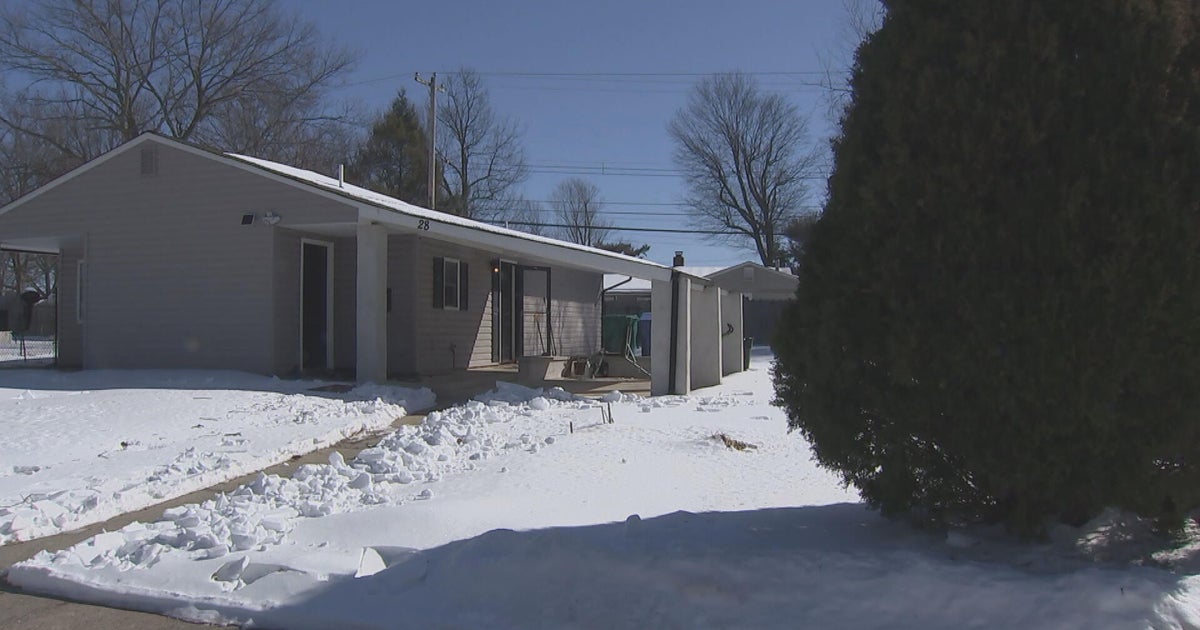Sonoma County hosts first-ever Farmworkers Resource Fair
WINDSOR -- The high cost of living is presenting problems for many in the Golden State but for farmworkers it may be reaching a tipping point. In Sonoma County, where agriculture is an economic engine, it is becoming an economic crisis.
On Sunday, the county held a farmworker resource fair to help those who make the whole thing work.
With rain falling and the grape vines standing dormant, there simply isn't much for the small army of Sonoma County farmworkers to do in early March.
"There's very little employment for farmworkers from the latter part of November to right now. Farmworkers average working one, two days a week because of Mother Nature interfering," said Zeke Guzman, president of a farmworker support group called Latinos Unidos.
He said winter unemployment has simply become an accepted part of the wine industry culture.
"It's sort of sad that they help sustain a healthy viticulture industry in Sonoma County but, during the winter, they don't know where their next meal is coming from. Are they going to be able to afford their rent?" Guzman said.
So Guzman did some pushing and, on Sunday, Sonoma County hosted its first-ever Farmworker Resource Fair to connect laborers with help they may not have known existed, from health care services to food assistance to help finding another job.
"The things we don't talk about are the challenges for people who are undocumented," said the event's organizer, Carol McHale. "Many people who are undocumented have been in this county for many years and are contributing to the survival of all of us and they are challenged because they may not be able to get a job in the way that someone who is documented has a right to work."
Lili Roman Aquilar, who oversees the county's JobLink Career Hub, agreed.
"I think that this farmworker resource fair is a really good opportunity to be able to listen to the community, provide support in between the "cosecha" -- in between the seasons -- and really start looking at bigger, longterm sustainable support for farmworkers," Aquilar said.
With the gap between rich and poor widening, the need for some kind of permanent support is reaching a critical stage. Farmworkers cannot work remotely. They are tied to the land. Now people who have traditionally been willing to do backbreaking work for little pay are finding that they just can't make it in this area anymore.
"I've only been able to work two or three days a week," said one woman, waiting in line at the resource fair. "I'm not earning sufficient to pay the rent, to buy food. Everything is very expensive and it's very difficult to live here."
Guzman said many are being pushed out of the area completely.
"With the wages and inflation and rents, it's just not a place where farmworkers can actually raise a family," he said. "They're leaving, they're going to the Valley, they're going to other states. Especially into the Central Valley."
Once they're gone, there may not be enough left to do the work. In Sonoma County, it's primarily wine but, in other spots in California it's fruits, vegetables, meat and poultry -- the stuff we all rely on to survive. If inflation seems bad now, wait until there aren't enough workers to harvest the crops. If food shortages start happening, providing help for the farmworkers will probably seem like a bargain.







